Additional Info and training for older homes
Know the breaker panel brands that insurance companies are currently denying!
Insurance companies may have specific requirements for electrical panels and breakers, and may deny coverage for homes with panels that do not meet these requirements. It is best to check with your insurance company for their specific requirements and restrictions.
However, there are a few older or outdated panel brands that are commonly known to be denied by insurance companies. These brands are known for having a high failure rate and may pose a safety hazard. If you have one of these panels in your home, it is recommended to have it evaluated by a licensed electrician and replaced if necessary.
It is important to note that not all insurance companies will deny coverage for homes with these panels, but it is best to check with your insurance provider to determine their specific requirements. Below are the breaker panels we recommend replacing:
Federal Pacific Electric (FPE)
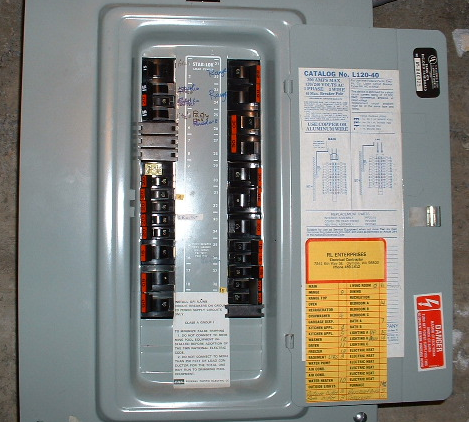
Zinsco
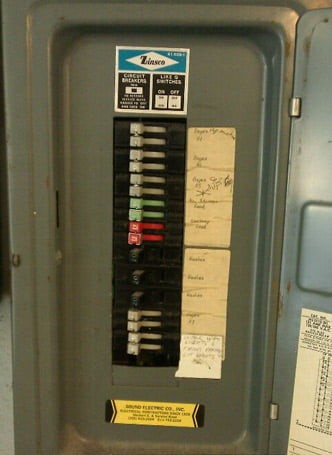
Pushmatic
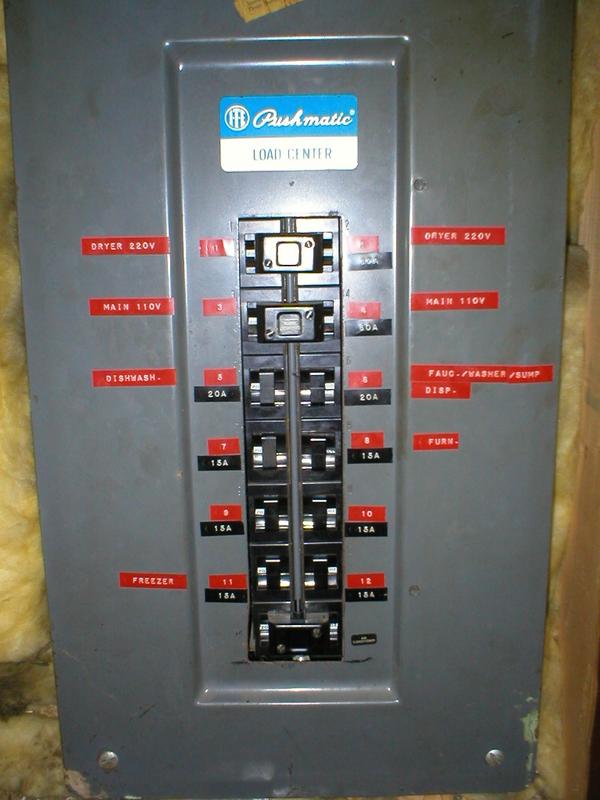
Sylvania
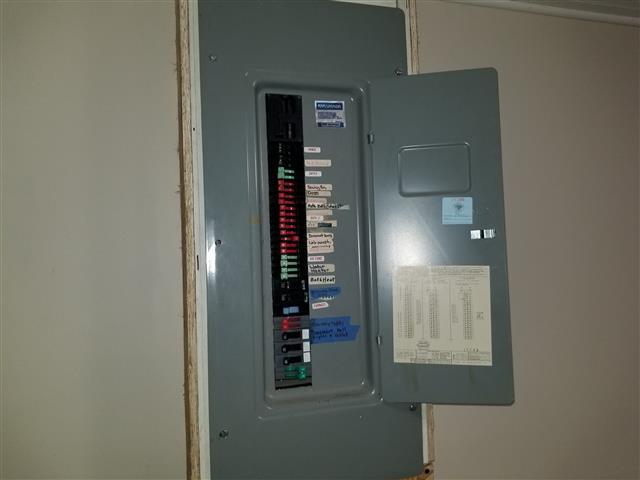
Challenger
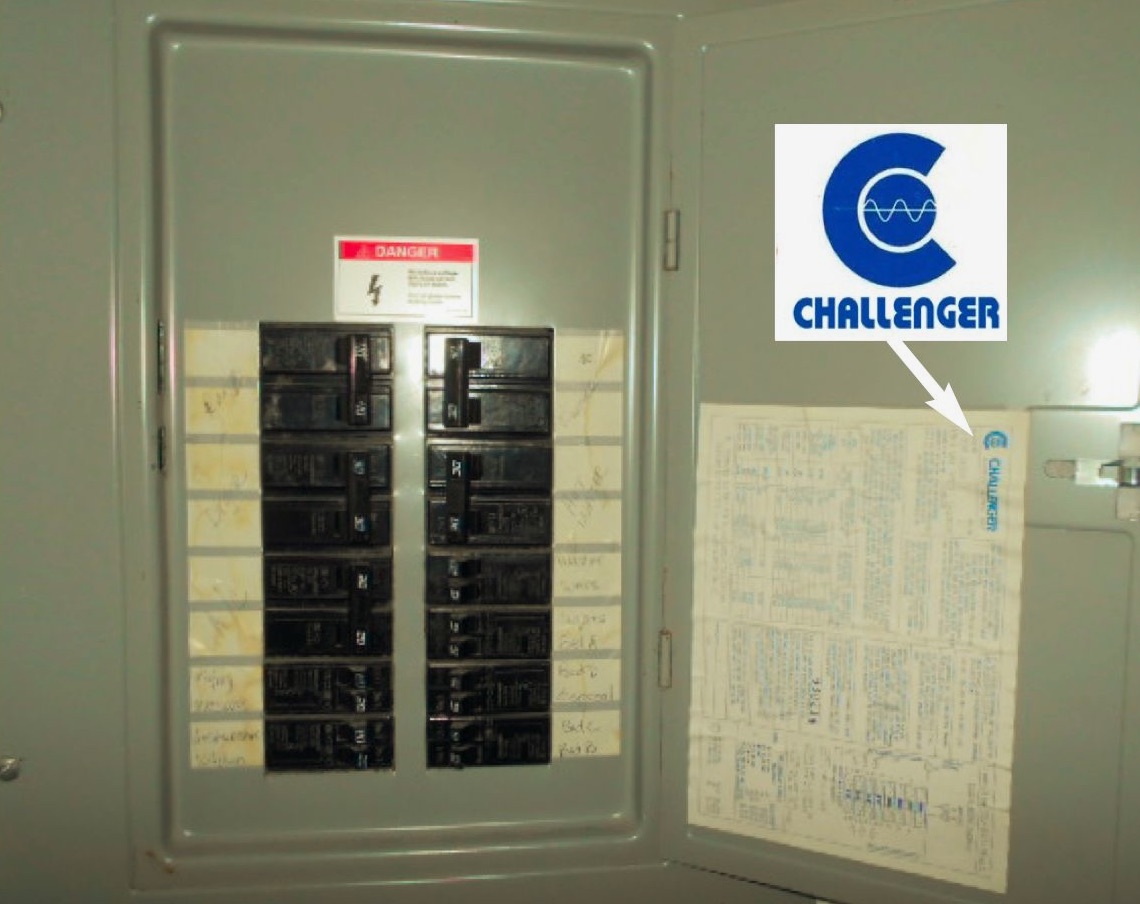
Old Fuse Panel
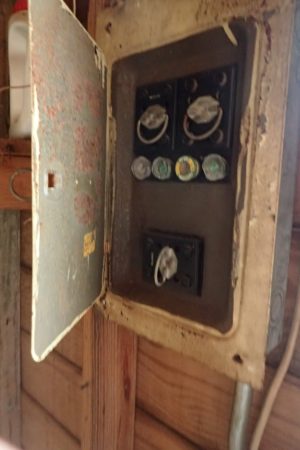
Here is some info on the plumbing pipes insurance companies are currently denying!
Lead pipes :Lead pipes can pose a serious health hazard, as lead is toxic and can contaminate the water supply.
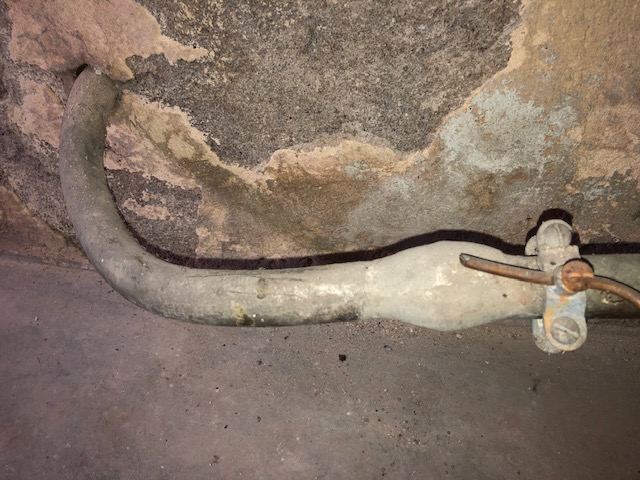
Polybutylene pipes: These pipes were commonly used in homes built between the 1970s and 1990s and are known for their high failure rate.
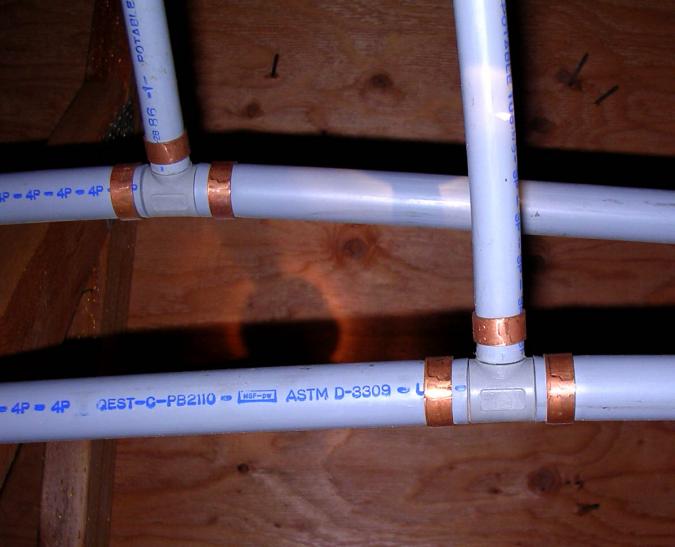
Galvanized steel pipes: Galvanized steel pipes can become clogged with rust and minerals over time, reducing water flow and increasing the risk of leaks.
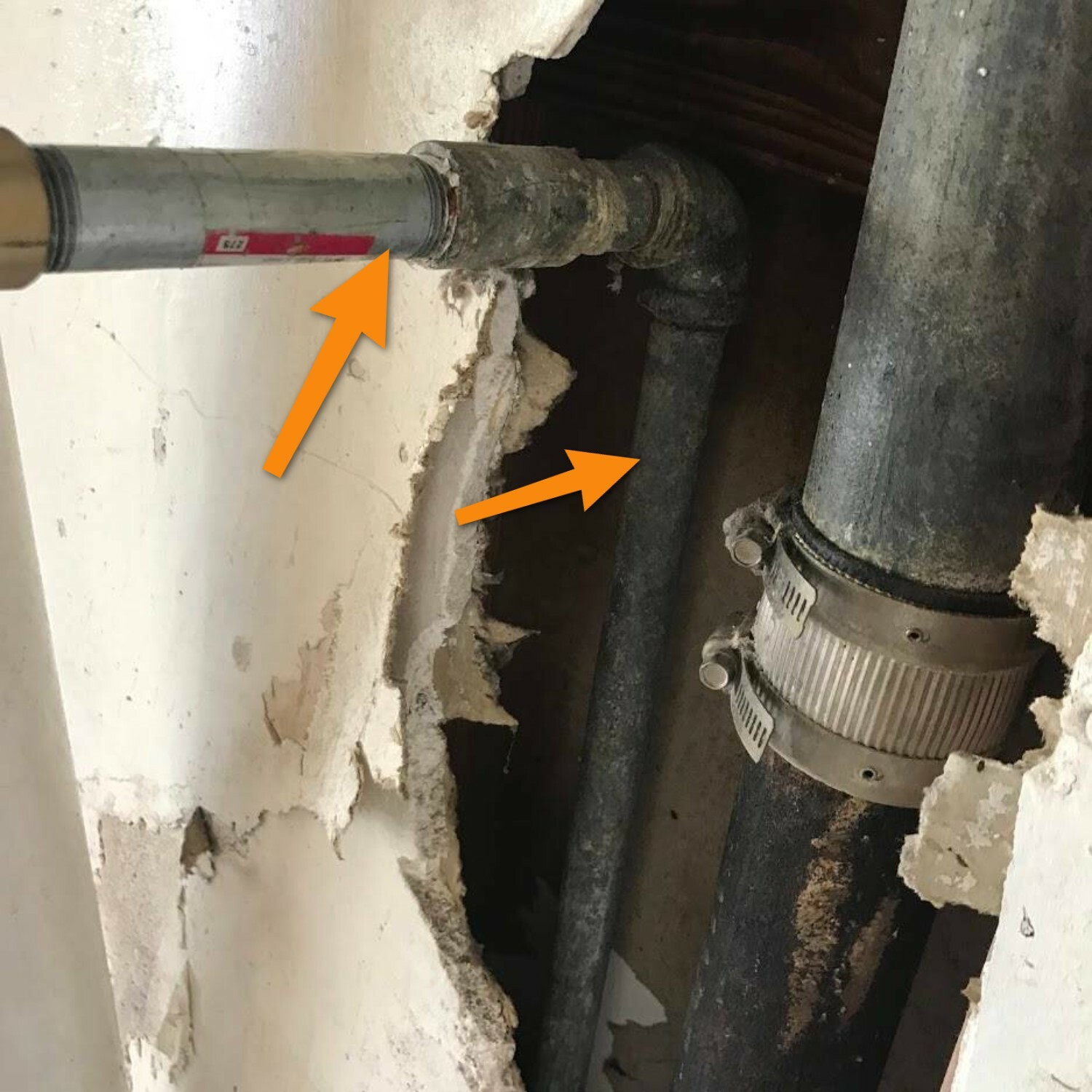
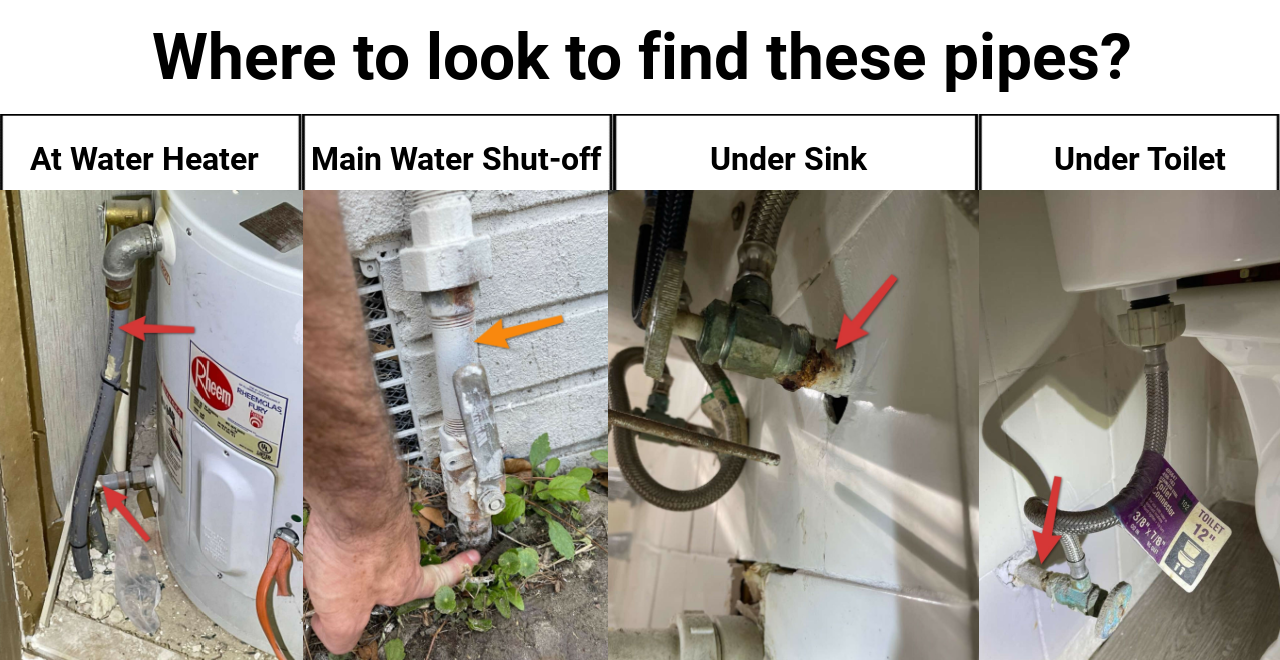
Here is what you need to know about Aluminum Branch Circuit Wiring (aluminum wiring):
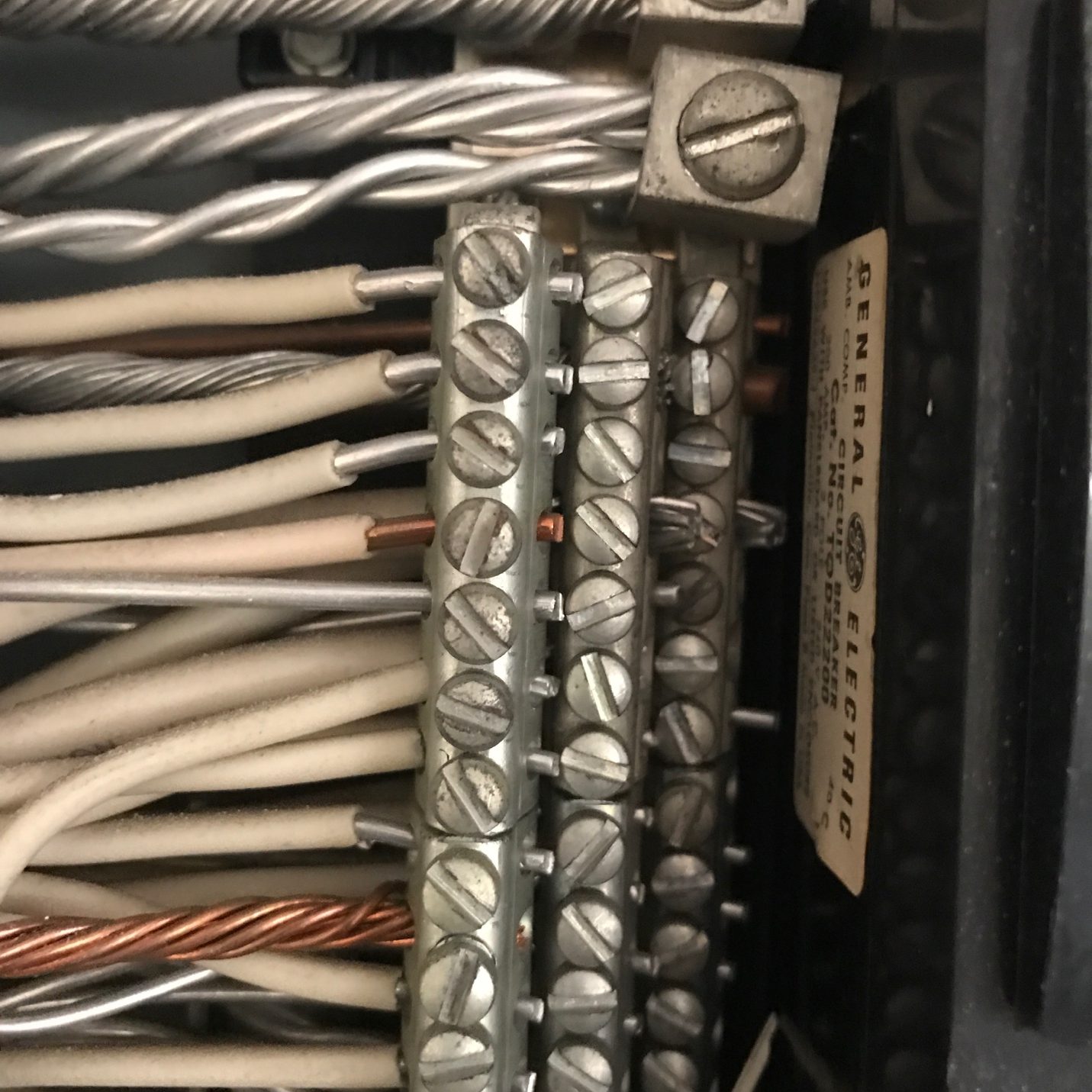
Aluminum branch circuit wiring was used in homes during the 1960s and 1970s, but has since been identified as a potential safety hazard. Here's how to identify aluminum branch circuit wiring and what to do about it:
Identification: Aluminum branch circuit wiring can be identified by the color of the wire. Aluminum wire is typically silver in color, while copper wire is a reddish-brown color. You can also look for an "AL" or "Alum" marking on the wire itself.
Why it's bad: Aluminum branch circuit wiring has been found to have a higher resistance to electricity than copper wiring, which can cause the wire to overheat. This overheating can lead to a fire hazard and may cause damage to the electrical system.
Repair: If you have aluminum branch circuit wiring in your home, it is important to have it evaluated by a licensed electrician. There are only 3 types of aluminum wiring repairs that are approved by the U.S. Consumer Product Safety Commission. This is also what the insurance companies go by, so if you do not repair the aluminum wiring by these 3 methods, it is possible the insurance company still will not insure the home.
#1. AlumiConn Connectors.
The most common aluminum wiring repair is AlumiConn Connectors (the least expensive and most common repair).
#2 Copalum Crimps
(not as common and typically more expensive, as it is more labor inducive).
#3 Rewire.
The electrician may recommend rewiring the entire home with copper wiring, which is considered a safer option. This is a major undertaking and can be very expensive, but it is the best way to ensure the safety of your home's electrical system.
In conclusion, aluminum branch circuit wiring has been identified as a potential safety hazard and should be evaluated and repaired by a licensed electrician if necessary. By taking these steps, you can help ensure the safety and stability of your home's electrical system.
Here is the link to the U.S. Consumer Product Safety Commission guide to repair (we have seen contractors repair the aluminum wiring using other methods not mentioned in this email and the insurance company would not insure the home, as it was not one of these 3 repairs).
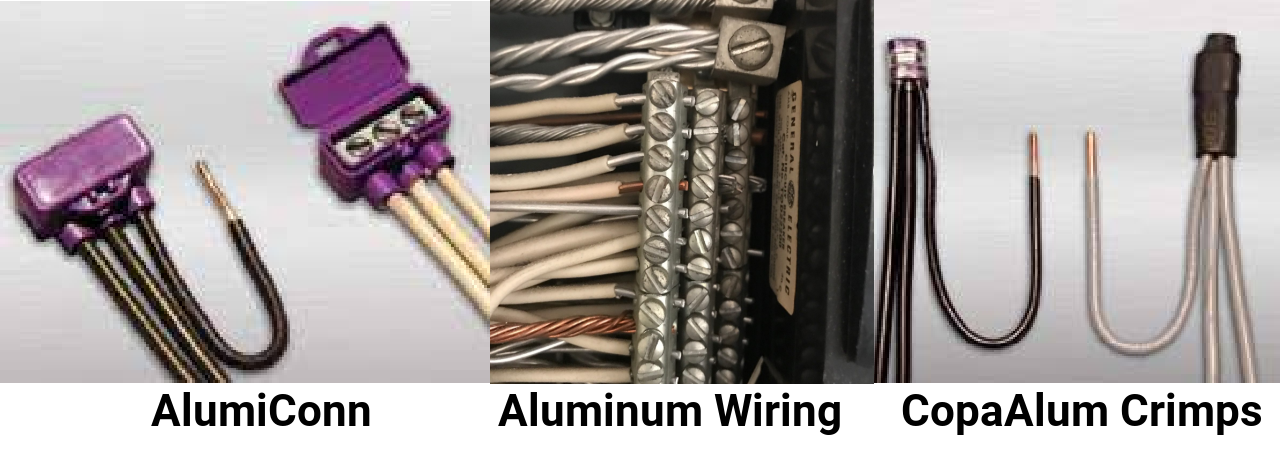
Cloth Wiring and Knob and Tube
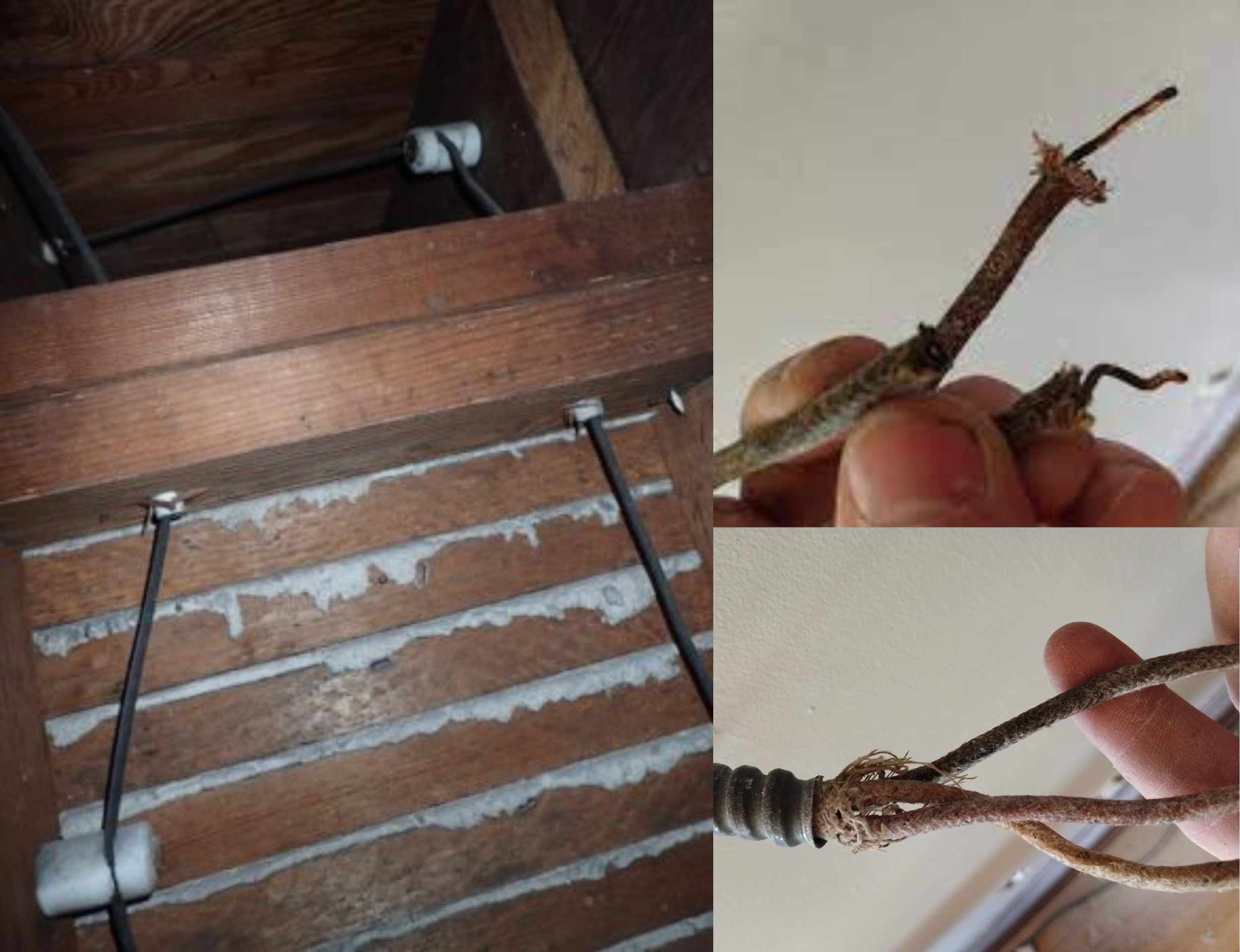
Cloth-covered electrical wires were commonly used in homes built between the late 1800s and early 1900s (typically 1940's and under). While they may add a touch of vintage charm to an older home, they can also pose a serious safety hazard and are often denied by insurance companies. Here's why:
Age and Deterioration: Cloth-covered electrical wires are made of rubber or other materials that can deteriorate over time. This can cause the wires to become brittle and break, which can lead to electrical arcing and a potential fire hazard.
Insulation: The cloth covering on these wires is not an adequate insulator, which means that the electrical current can escape and cause a shock or fire hazard. In addition, the cloth covering is easily damaged, which can expose the electrical current and create a hazard.
Lack of Grounding: Cloth-covered electrical wires were often installed without a proper grounding system, which can increase the risk of electrical shock and fires.
Insurance Denials: Insurance companies are concerned about the safety risks posed by cloth-covered electrical wires and may refuse to provide coverage for homes that still have these wires. In the event of an electrical fire or other accident, the insurance company may not cover the damage, which could leave the homeowner responsible for the full cost of repairs.
Safety and Fire Hazard: To reduce the risk of electrical hazards in homes with cloth-covered electrical wires, it is recommended that these wires be replaced with modern, safe electrical wiring. This work should only be performed by a licensed electrician who is trained in electrical safety and code compliance.
In conclusion, cloth-covered electrical wires can pose a serious safety hazard and are often denied by insurance companies. To ensure the safety of your home and protect your investment, it is important to have these wires replaced by a licensed electrician.
How to know the age of the components?
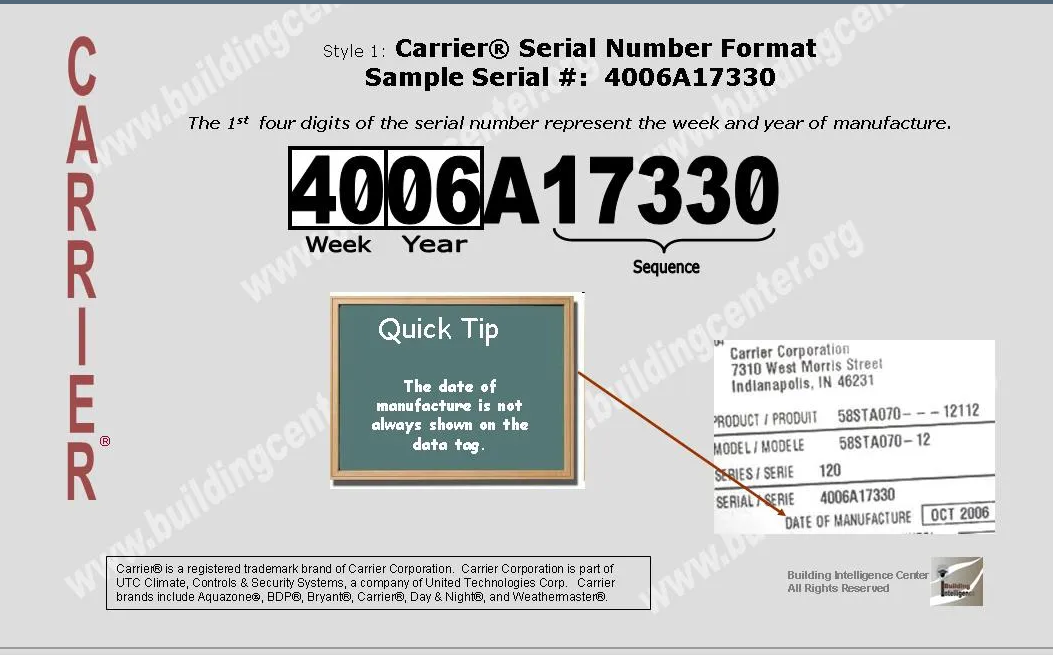
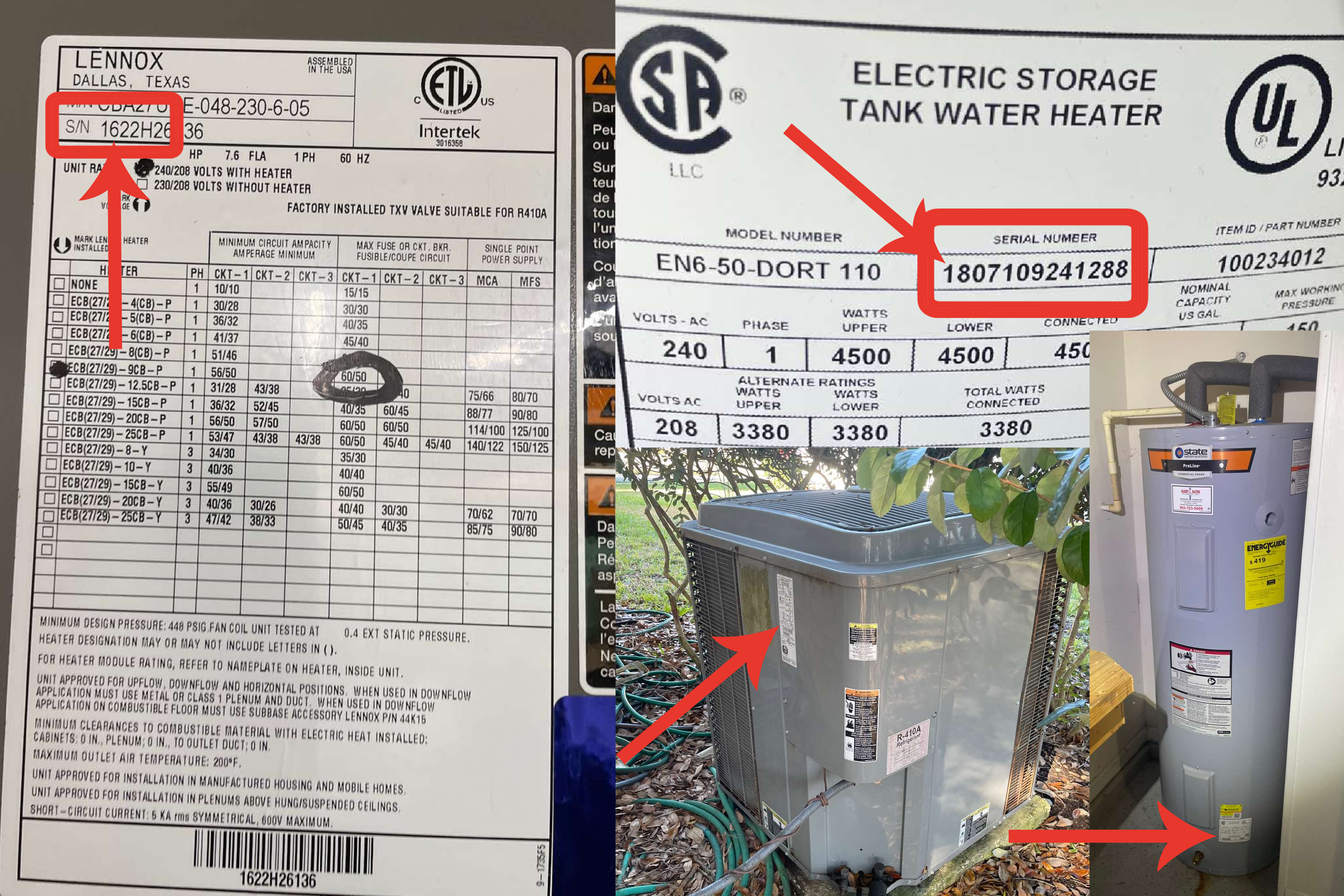
The age of major components can typically be found by the serial number. The exact manufacture date depends on the manufacturer of the component. Different manufacturers will have different numbers or sometimes even letters to identify the manufacture date. The serial number on the manufacture label will be needed, then the rest is pretty simple.
Here is a good website that makes it easy: Just google the maker or brand of the component (such as "Carrier") then type "HVAC Age" or "AO Smith Water Heater Age". You will typically find a website named https://www.building-center.org/. The website will tell you exactly what to look for to identify the exact manufacture date.
Here is what you need to know about stucco siding
Stucco was first designed for concrete block or masonry homes, but then became a more popular option for wood framed homes in later years. Stucco can be a good choice of siding, but only if properly maintained and installed. The cracks and flashing methods behind the stucco are a common cause for issues overtime.
Many stucco homes have issues over time if the cracks are not properly maintained. Stucco siding on wood-framed homes can crack (in some cases excessively) over the years. Stucco is extremely porous and easily retain moisture. Stucco is designed to drain water, but with common building practices, the stucco (and windows) are not always flashed correctly or efficiently.
Painting the home every 5 years can help seal the cracks and porousness of the stucco. Painting the home with a paint made for stucco siding (such as elastomeric paint or equivalent) should be considered. Paint is not just for aesthetics, but is a good preservative and sealer, so should be considered a maintenance plan for stucco on wood framed homes. Larger cracks should be sealed or repaired and the stucco should be evaluated for any bulges, uneven cracks, water intrusion, etc.
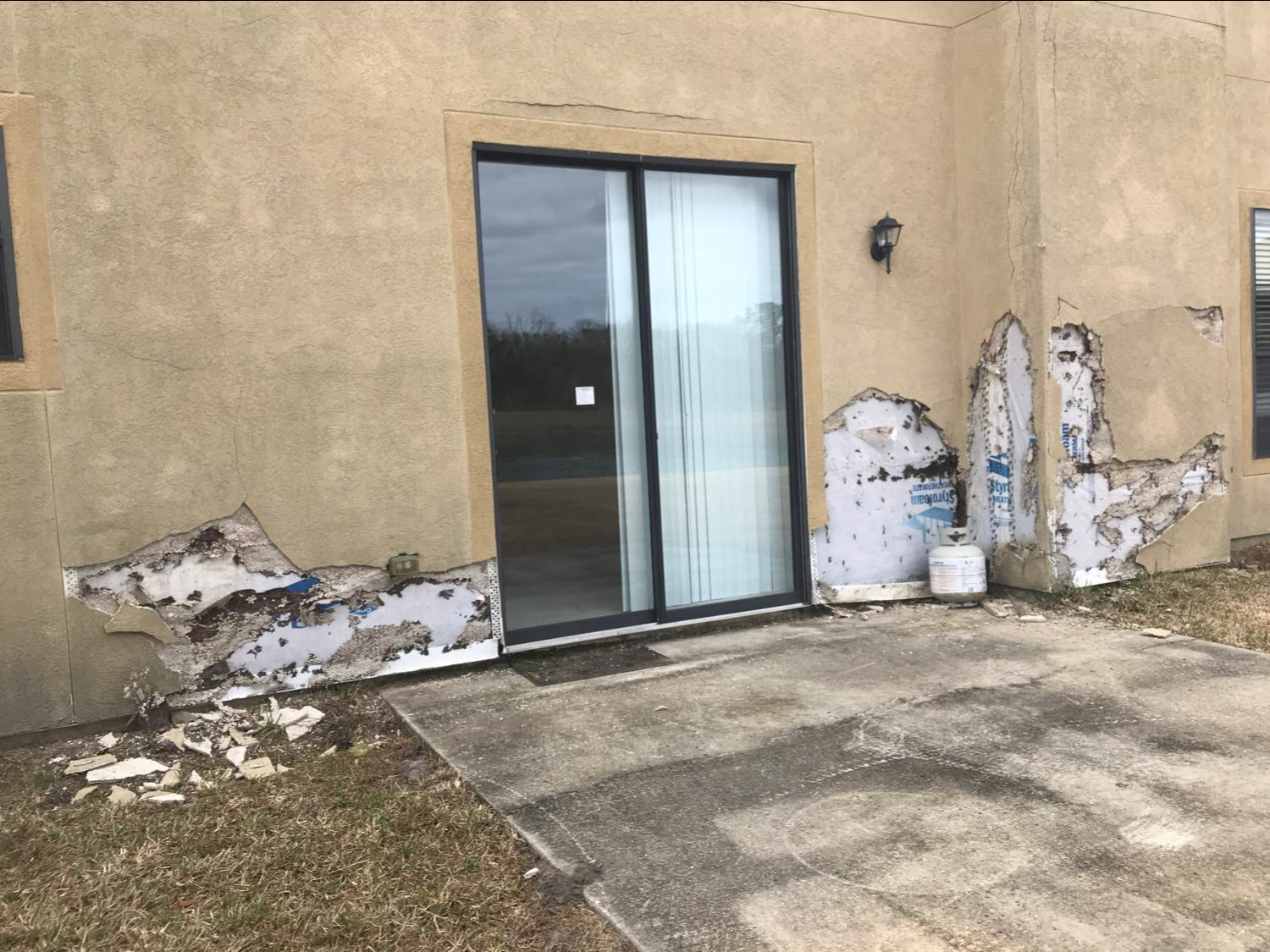
What to consider before and after a home inspection
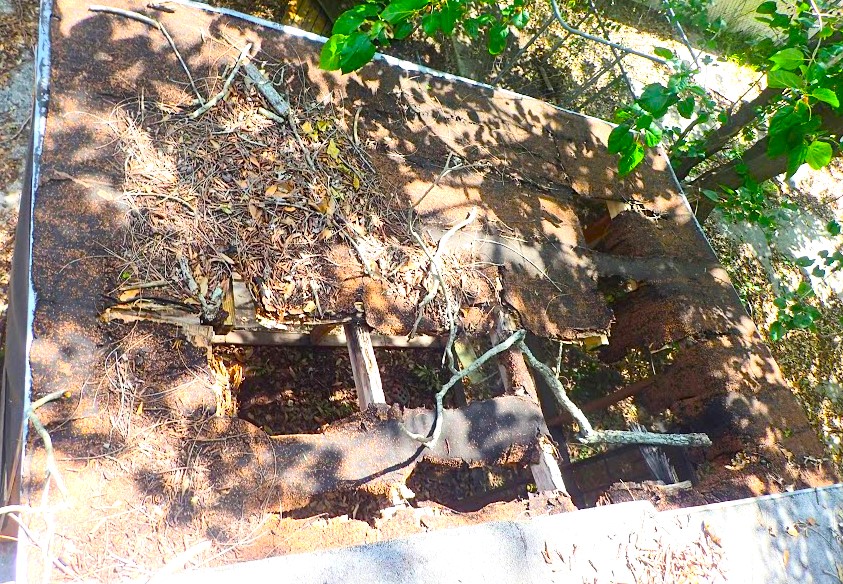
#1. Be prepared. All homes have issues. Some are minor, others are moderate and some possibly are significant. Understand the basic condition to at least properly set your expectations. The older the home is, the greater the risk is that there will be significant issues. Homes built before 1955 have many insurance concerns that you should be aware of. It is currently very difficult to obtain home owners insurance in Florida, so knowing what may cause insurance denials and safety concerns is important. If you are buying a home built before 1955, you should prepare for the worst and hope for the best (especially given the age and condition of the home) or at least that is a good mindset to have for an older home.
#2. If the home shows obvious discrepancies that the seller did not care to fix before the home was listed on the market, then there are typically larger issues beyond what is directly visible. This of course is not always the case, but if you were listing a home and cared to show the home in a presentable fashion, wouldn't you at least ensure the obvious defects directly near the front door would be corrected? It is okay to have issues, almost everything can be fixed, so it just depends on what you are willing to spend or take on to have the home suitable for you and your family.
#3. Be informed and get guided in the right direction. If you have questions, don't hesitate to contact the inspector. You are paying for information, so get the information. We love helping our customers and prefer to answer any question to ensure you are informed as much as possible to make a sound, informed decision.


Why choose NEW Home Inspections?
A thorough and reliable home inspection is a crucial step in the buying or selling process. That's why NEW Home Inspections is the industry leader and known for complete customer satisfaction. Here's why:
Expertise: Our inspectors have years of experience and are certified by the top industry organizations. They have the knowledge and expertise to provide a comprehensive evaluation of the property and identify any potential issues.
Thorough inspections: We use state-of-the-art technology and a comprehensive inspection process to ensure that no detail is overlooked. Our inspectors will evaluate the structure, systems, and components of the property, and will provide a detailed report that cannot be beat.
Fast turnaround: We understand that time is of the essence in real estate transactions, so we work quickly to get the inspection done and the report to you as soon as possible, almost always the same day.
Excellent customer service: Our inspectors are friendly and professional, and are committed to providing excellent customer service. They will take the time to answer any questions you may have and make sure that they understand the results of the inspection.
Supra Access: We are NEFAR members with Supra access.
We do it all. From WDO’s, Pools, VA/FHA Approved Water Tests, Insurance Inspections, Mobile Homes, Re-Inspections, New Construction Phase Inspections, etc. We have you covered to ensure you are taken care of.
Competitive and fair pricing: Gives you the best bang for their buck
Easy day for contractors: We spend overtime on our reports. Multiple pictures for each discrepancy, with close ups and Birdseye views (with arrows, circled items, etc.) along with clear and descriptive text, making finding and understanding the recommendation quick and easy.
Dependability: We always find the time to meet your schedule. We understand that inspections need to be scheduled as early as possible, so we can always move things around or work overtime to make sure your inspection needs are fulfilled.
Veteran Owned: Owner Jordan Berman is a Navy Veteran and an inspector your veteran clients can trust. Military Discounts to show our appreciation for all that serve (certain times of year only).
Amazing reputation: For complete customer satisfaction. We will ensure a successful and stress-free transaction for everyone involved.
By choosing NEW Home Inspections, you can have the peace of mind and confidence you need to make informed decisions about your real estate transactions. So why wait? Contact us today and let us help make your next real estate transaction a success.


INSPECTION REQUEST FORM
North Florida and Surrounding Areas
Phone 904-352-3733
Email Admin@NewInspections.com
Mon-Sat: 8:30am - 8:30pm

Copyright © 2023 New Home Inspections - All Rights Reserved.